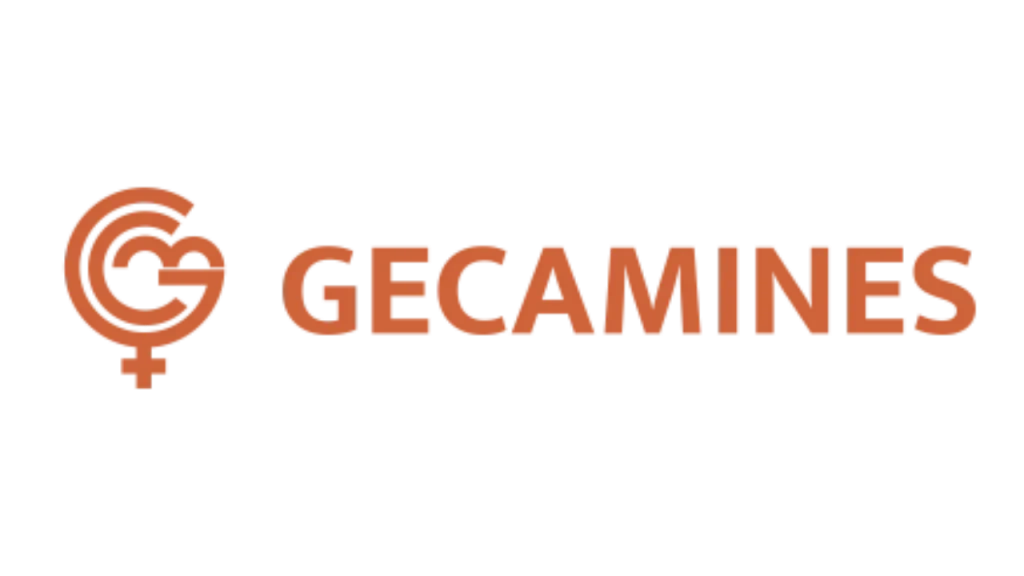- Gécamines is strengthening its training initiatives to meet evolving mining demands in the DRC
- Challenges remain in sustainability, transparency, and adapting to global demand for battery minerals
Gécamines bolsters skills development for future-proof mining
As one of the Democratic Republic of Congo’s most influential mining entities, Gécamines is increasingly turning its attention to education and workforce development. Through its training and education platform, the company has been investing in the next generation of mining professionals, targeting engineers, technicians, and operational staff to support a sustainable future for the sector.
This initiative is driven by the company’s broader mission to modernise operations while reducing dependency on foreign expertise. Gécamines’ educational focus includes practical on-site training, capacity-building partnerships, and internal technical schools. In a country where mining accounts for over 70% of exports, local skill development is a strategic priority.
Despite this progress, challenges persist. Limited access to modern tools, a lack of digital infrastructure, and inconsistent regulatory enforcement continue to hinder the industry’s transformation. Gécamines’ approach, however, shows signs of aligning workforce development with wider national goals for resource governance and industrial sovereignty.
Also read: YULCOM Technologies Africa services
Also read: GVA ultra‑fast internet across Africa
Gécamines adapts to global shifts in mineral demand
The rise of electric vehicles and renewable energy has intensified global demand for cobalt, copper, and lithium—minerals that the DRC holds in abundance. In response, Gécamines is refining its strategic focus on value-added processing and responsible sourcing. The firm is also repositioning itself within international frameworks that demand greater traceability and environmental oversight.
While the company has faced criticism over past transparency issues and operational inefficiencies, it remains a central player in Congo’s economic fabric. Gécamines has acknowledged the need for change and appears increasingly willing to open itself up to reform, particularly through joint ventures and public-private partnerships that bring technology transfers and regulatory improvements.
In this evolving context, Gécamines’ educational reforms are not just about technical skills—they signal a larger shift toward more accountable and locally grounded mining governance. With strategic minerals playing a crucial role in the global green transition, the company’s ability to adapt will remain under close watch.

